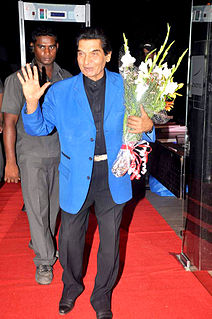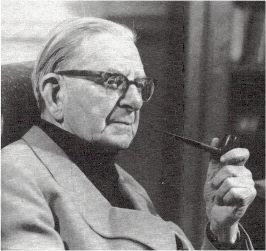A Quote by Shriya Saran
I've read 'Autobiography of a Yogi' at different ages and interpret something new each time.
Related Quotes
Shakespeare is renewed each time you see it or read it. I've seen 'Midsummer Night's Dream' so many times, and each time it's a little different, or a different line leaps out at me. It's like re-reading a good book over and over, always noticing something you hadn't seen the time before - and that's rare.
Justice. To be ever ready to admit that another person is something quite different from what we read when he is there (or when we think about him). Or rather, to read in him that he is certainly something different, perhaps something completely different from what we read in him. Every being cries out silently to be read differently.




































